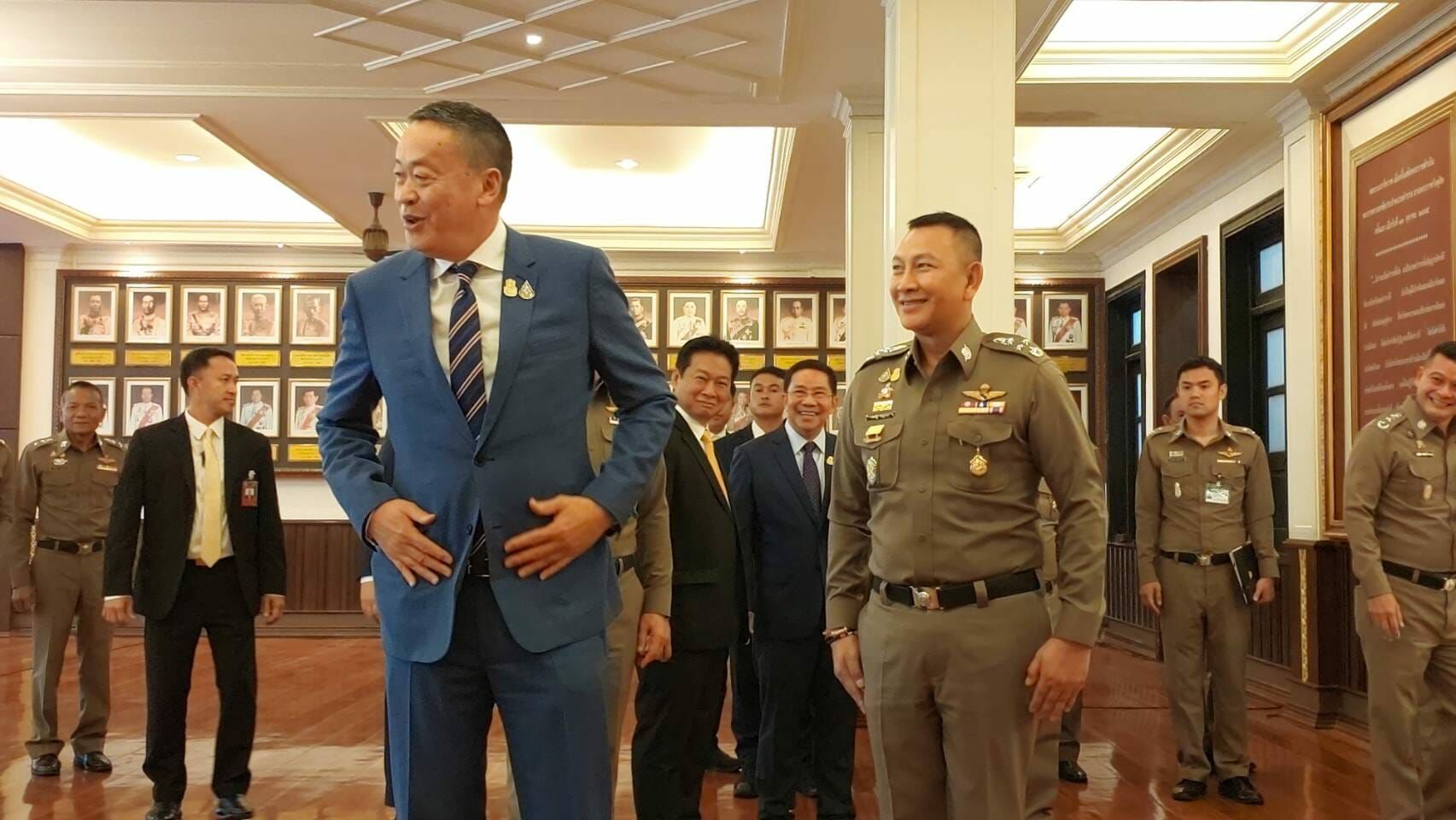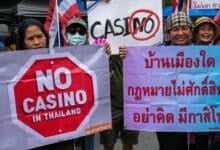Thailand mulls over legalising casinos to boost economy

Thailand Prime Minister Srettha Thavisin advocated for the establishment of entertainment complexes housing casinos in the country. The 62 year old prime minister stated his belief yesterday, March 28, that legalising casinos could potentially extinguish illegal gambling dens and divert gamblers’ money towards the state.
The Thai PM further added that these complexes would operate under proper regulations, leading to efficient tax collection.
This statement was given as the House of Representatives gave their approval to a report prepared by the House committee, which was specifically set up to study the feasibility of such complexes. Prime Minister Srettha addressed the concerns about the potential negative social implications of opening casinos, stating that these complexes would be lawfully regulated with security agencies and local officials overseeing them.
Julapun Amornvivat, Deputy Finance Minister and chair of the House committee, stated yesterday that the study found considerable economic benefits in these entertainment complexes, although negative impacts were also foreseeable.
“Such complexes would create jobs, boost tourism, and curb illegal gambling.”
The study advised that a bill should be enacted, providing a legal basis for the operation of these complexes. It also suggested that local individuals would be employed in these complexes, ensuring local communities benefit through job opportunities and new forms of tax, such as gaming and gambling tax from the complexes.
Entertainment complex
Julapun explained that these complexes would not only house casinos but also feature hotels, shopping malls, and amusement parks, and would require a minimum investment of 100 billion baht.
The study proposed that the inaugural entertainment complex should be launched near the Eastern Economic Corridor. If successful, similar complexes would be introduced in other regions.
The House committee also looked into successful regulation measures based on models from Singapore and the US to prevent potential problems in these complexes. A portion of the revenue from these complexes would be allocated to a fund designed to support measures to assist those affected and prevent excessive gambling.
Julapun added that the study would be submitted to the cabinet for consideration following its approval by the House. The Cabinet might seek additional feedback from all sectors before deciding on the study’s recommendations.
“If a bill regarding the opening of the complexes is tabled to parliament, details will be discussed again.”
Chakkrapol Tangsutthitham, the deputy chairman of the House committee, anticipates the bill regarding the opening of the complexes to be enacted by the end of the year.
However, representatives from civil networks across 16 provinces expressed their concerns by submitting a letter of protest against the entertainment complexes to the House committee. They highlighted potential issues that may arise, such as family problems, debts, and gambling addiction.
Latest Thailand News
Follow The Thaiger on Google News:


























